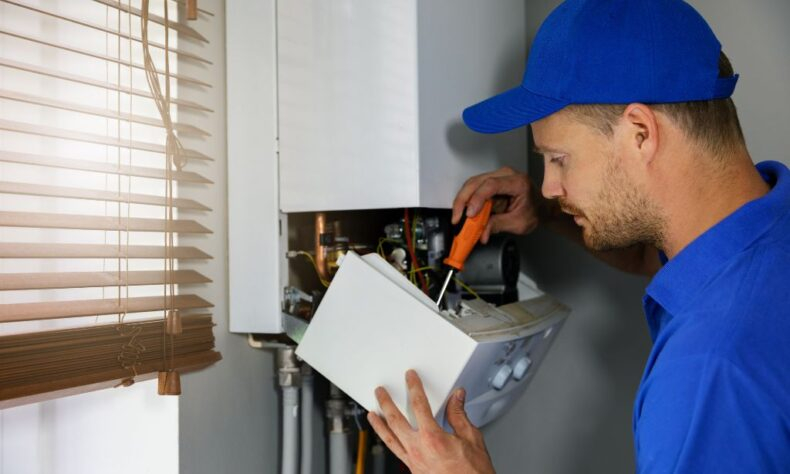
Gas Heating Appliances
Has the onset of winter got you thinking about your home heating options? Has your trusty old gas heater been functioning a little too capricious for your liking? Or, maybe you’ve just moved into a new home with a gas heating system and you’re not too sure about its safety checks and maintenance? If you’ve nodded in agreement to any of these questions, then you’ve landed in the right place. In today’s post, we’re peeling back the layers on gas heating appliances: their safety measures, the dos and don’ts, and how to tackle issues that might crop up. We’re striding into the heart of the matter, offering valuable insights to ease your journey on the road to safety.
So, what’s the pressing issue around gas heating systems? Although a fantastic way to keep the home snuggly in the frostiest months of the year, gas heating appliances demand a degree of respect. They must be handled effectively and maintained regularly to guarantee your safety as well as the longevity of your apparatus. The good news is that with the right precautions in place, these hazards can be mitigated leading to happy, hassle-free winters.
Why Safety Measures are Critical for Gas Heating Systems
Unarguably, safety is paramount when it comes to heating your home with gas appliances. Gas-powered heaters, when left neglected or unchecked, pose risks including gas leaks, carbon monoxide poisoning, and even fires. These dangers, as menacing as they sound, are avoidable with proactive measures. Not only do these safeguards ensure the wellbeing of your family and property, but they also extend the lifespan of your heating device, safeguarding your investment.
Ensuring safety entails thorough maintenance checks and adherence to operating guidelines. Clear, right? But, how often should these checks be performed? Who is qualified to do them? What are the red flags to look out for? Let’s delve a bit deeper.
Establishing Routine Maintenance Checks
A well-serviced gas appliance is a safe one. Regular maintenance checks serve the dual function of ensuring safety and achieving optimal heating efficiency. These check-ups should ideally be performed annually by a certified technician, just before the onset of the cooler months. This timing not only ensures a safe, warm winter but also provides ample time for any necessary repairs or replacements.
During these checks, your technician will give your appliance a thorough once-over: inspecting for any leaks or damage, ensuring all safety controls are functioning correctly, checking the inlet pressure and heat input, and cleaning filters and burners. Any potential issues can thus be nipped in the bud, maintaining the integrity of your heating system.
Recognising Potential Issues Early On
Being acquainted with the signs of potential problems in your gas heating system can go a long way in ensuring safety. If your heater is creating excessive noise or unusual odors, emitting a weak or yellow flame (instead of a clear blue one), causing wall soot marks, or leading to water leaks, it is high time to call in a professional. Besides these, consistently feeling sick or drowsy, headaches, burning eyes, or breathlessness might indicate carbon monoxide leakage.
Remember – proactive detection can be life-saving in many cases!
Pros and Cons of Gas Heating Systems
Although gas heating appliances have their fair share of advantages such as cost-effectiveness, environmental friendliness, and fast heating capabilities, they come with potential safety hazards if not handled correctly. Therefore, it is important to learn and implement safety measures while using these systems.
Most importantly, never underestimate the importance of installing detectors. A crucial companion to your gas heater, carbon monoxide, and gas detectors are often lifesavers, alerting you to possible dangers before they become adverse threats.
Conclusion: Safe and Sound with Gas Heating
Now you have it – a comprehensive guide on the key steps to ensure safety when using gas heating appliances. Keeping up with regular maintenance, staying alert for signs of trouble, and ensuring you’ve got reliable detectors installed can significantly minimise the risks associated with gas heating systems.
Remember, when it comes to safety, there’s no room for shortcuts. Your home is your haven and keeping it warm shouldn’t come at the cost of your peace of mind. While gas heating systems come with their unique set of pros and cons, ensuring safety can guarantee all the comfort, without the concerns!
Discover Affordable Gas Heating Options – Start Saving Now! Upgrade to energy-efficient gas heating and enjoy lower bills without compromising comfort. Get started today!





